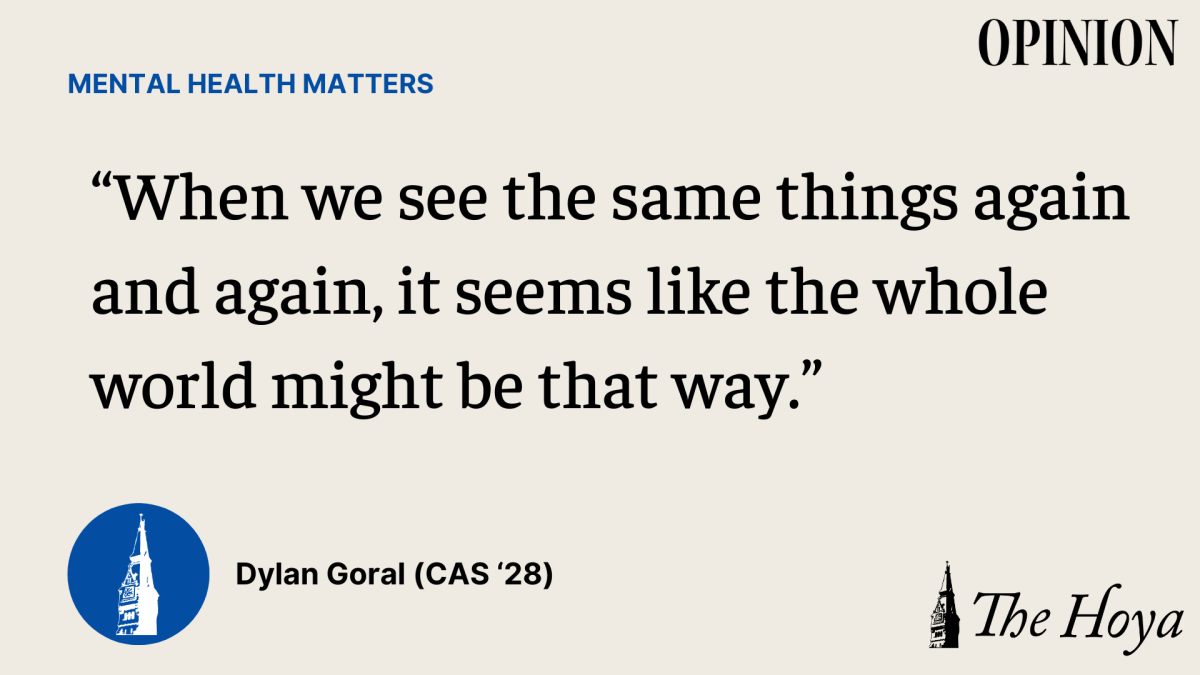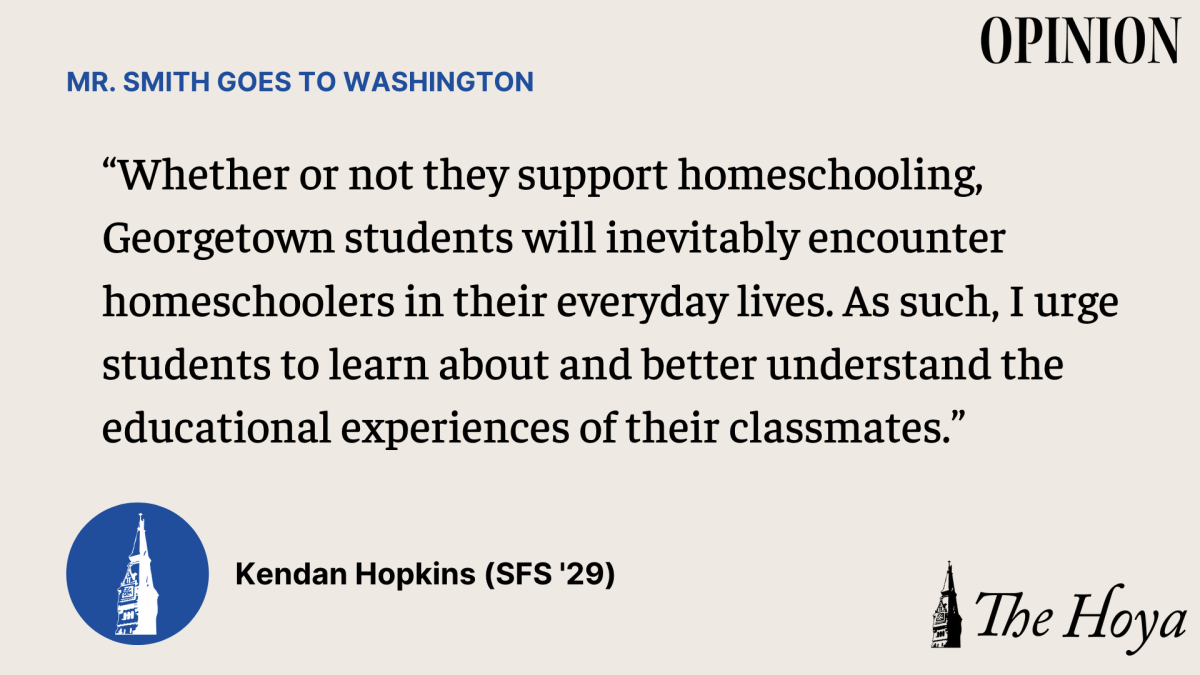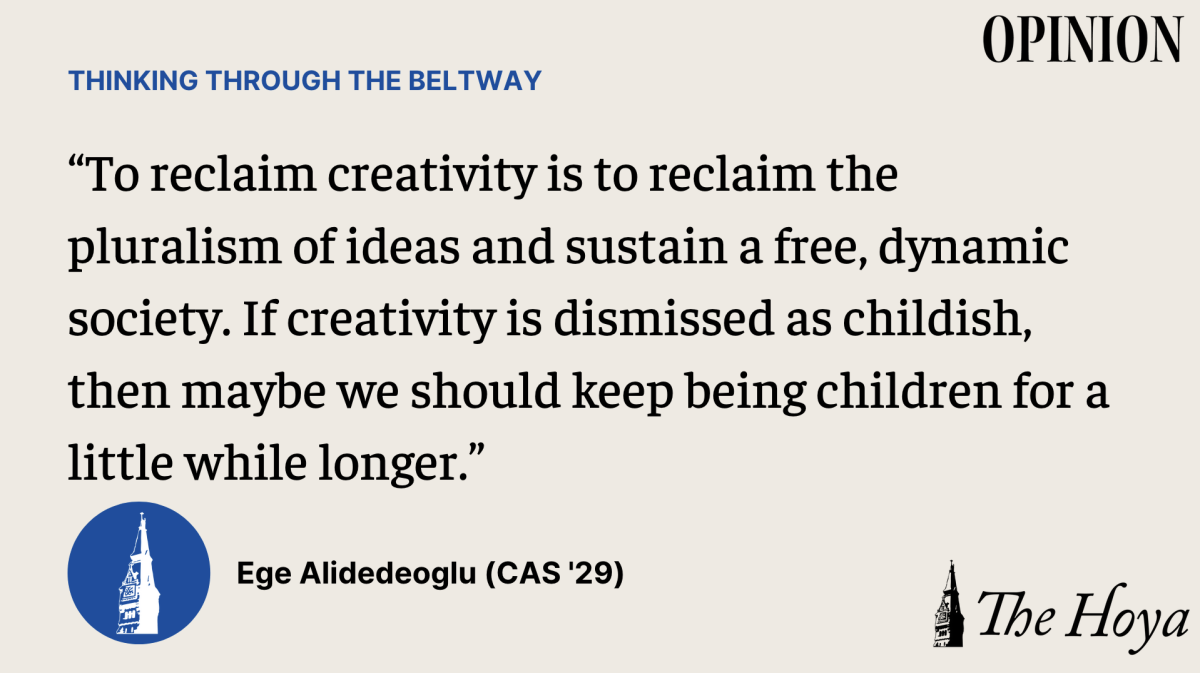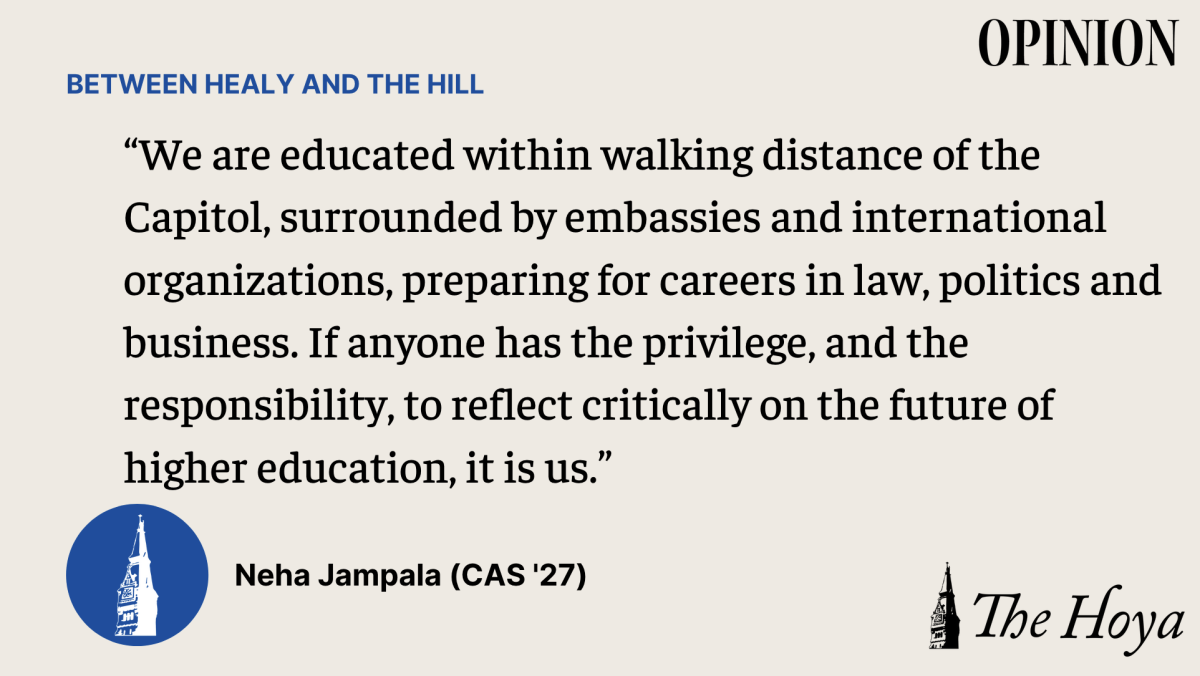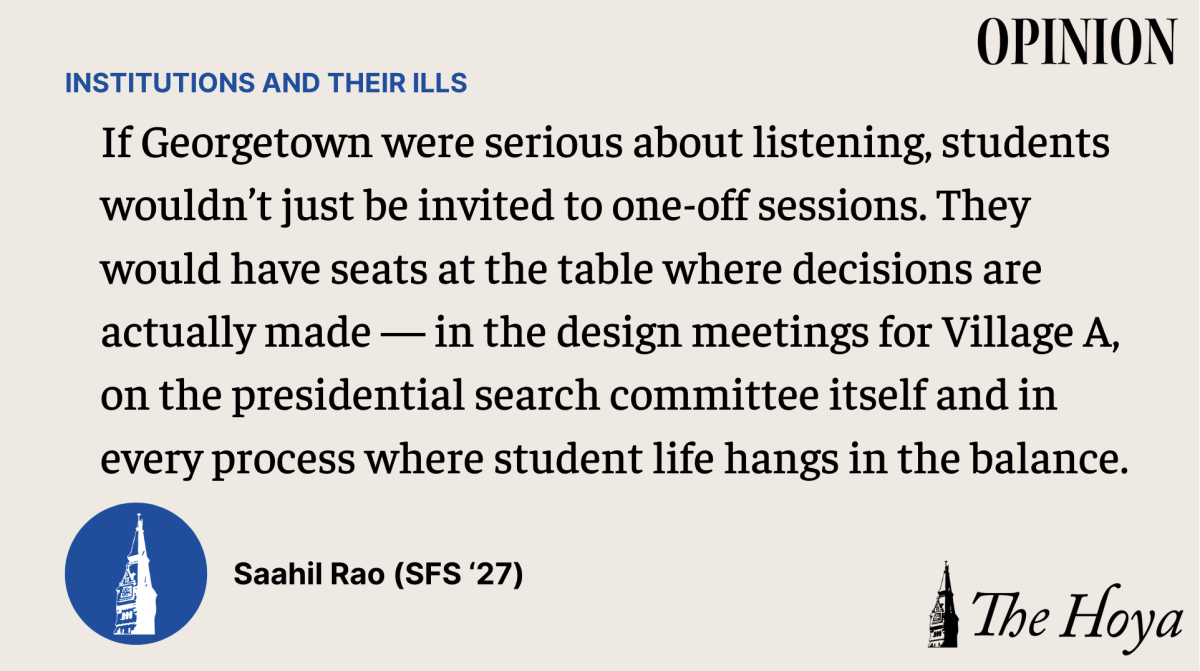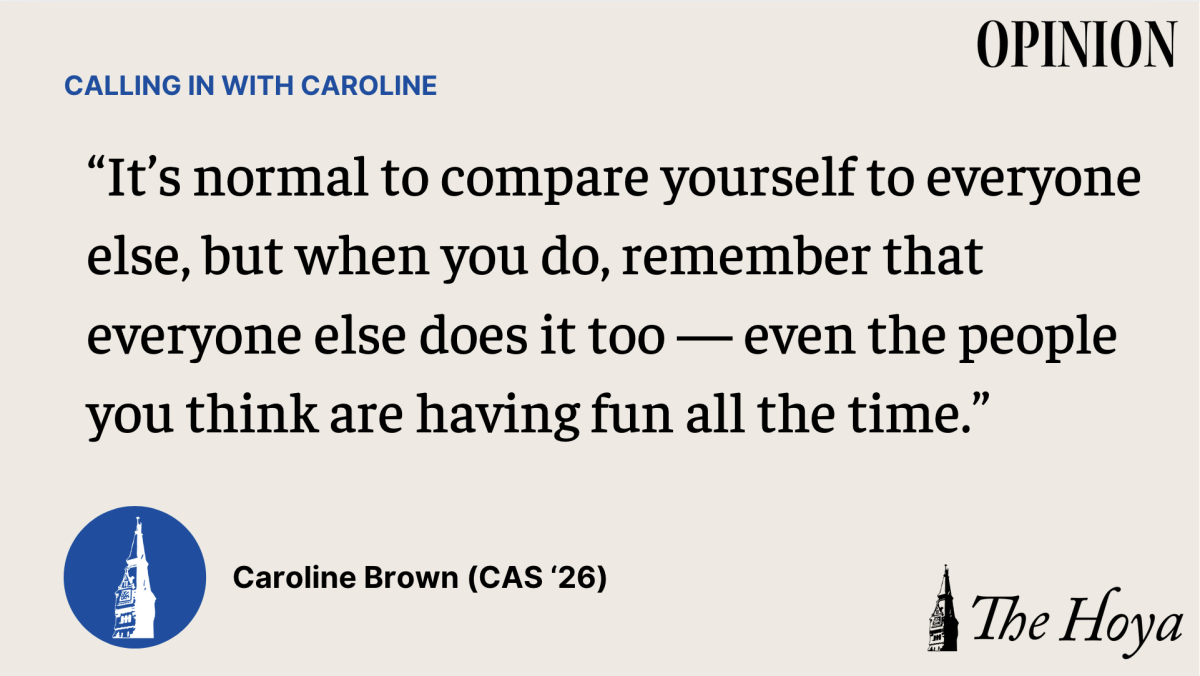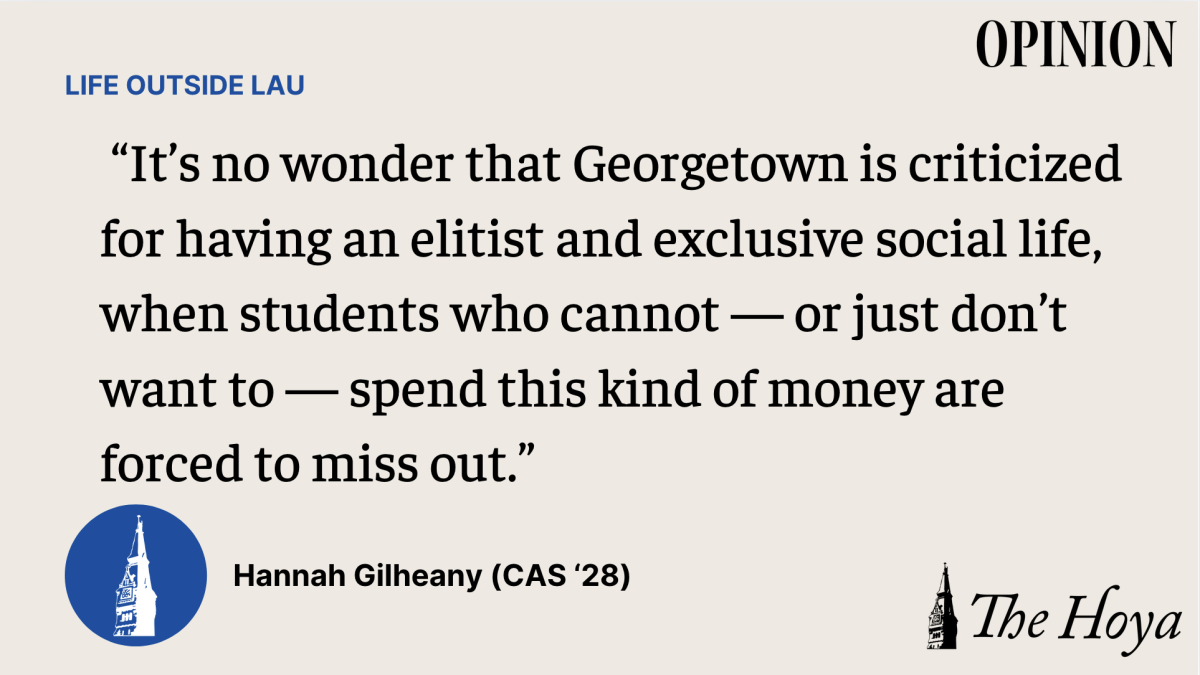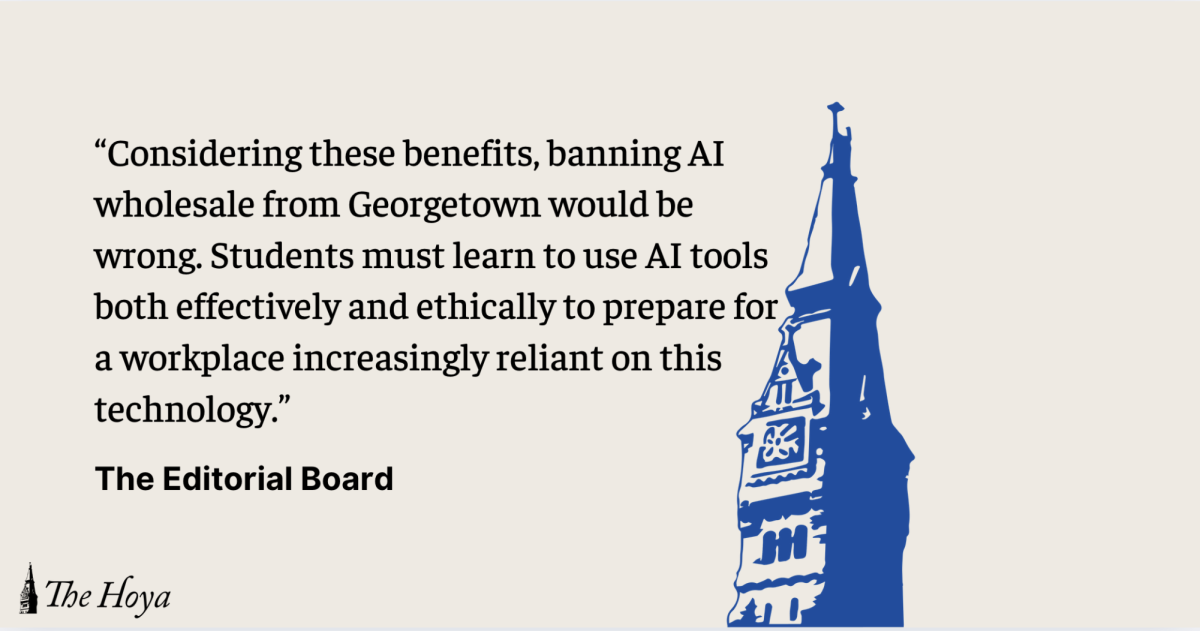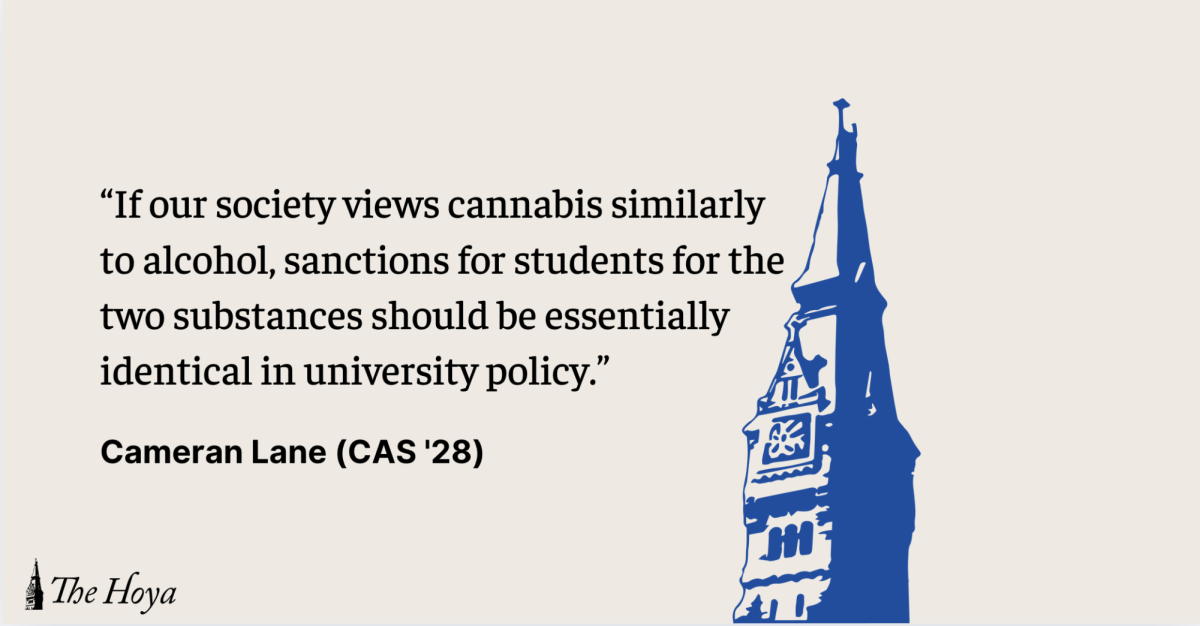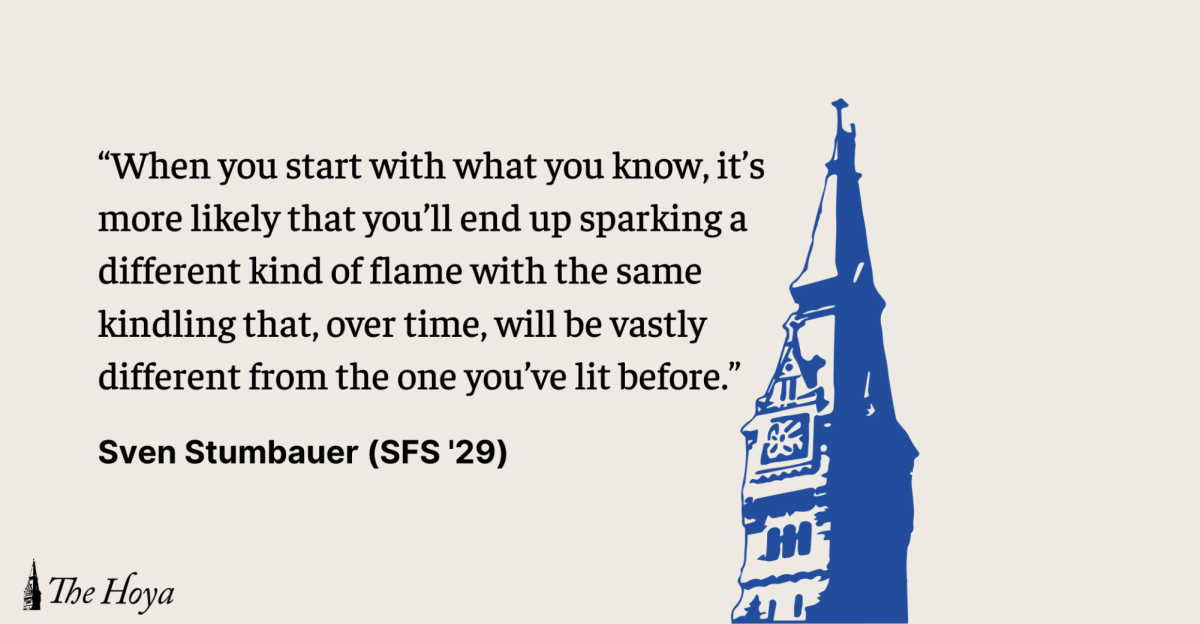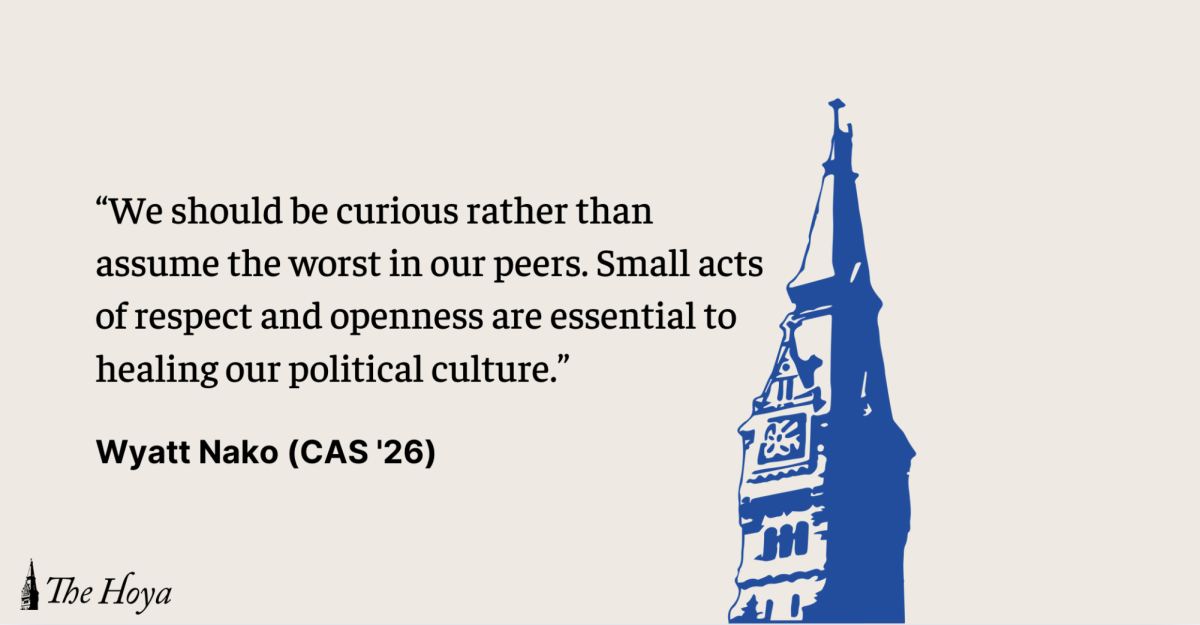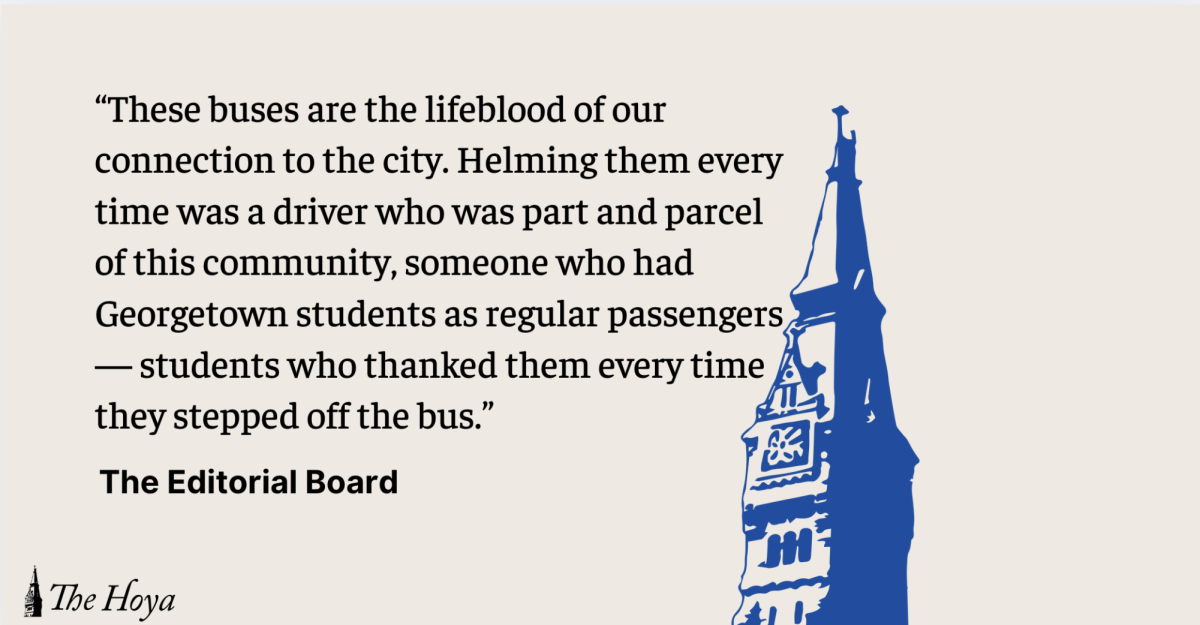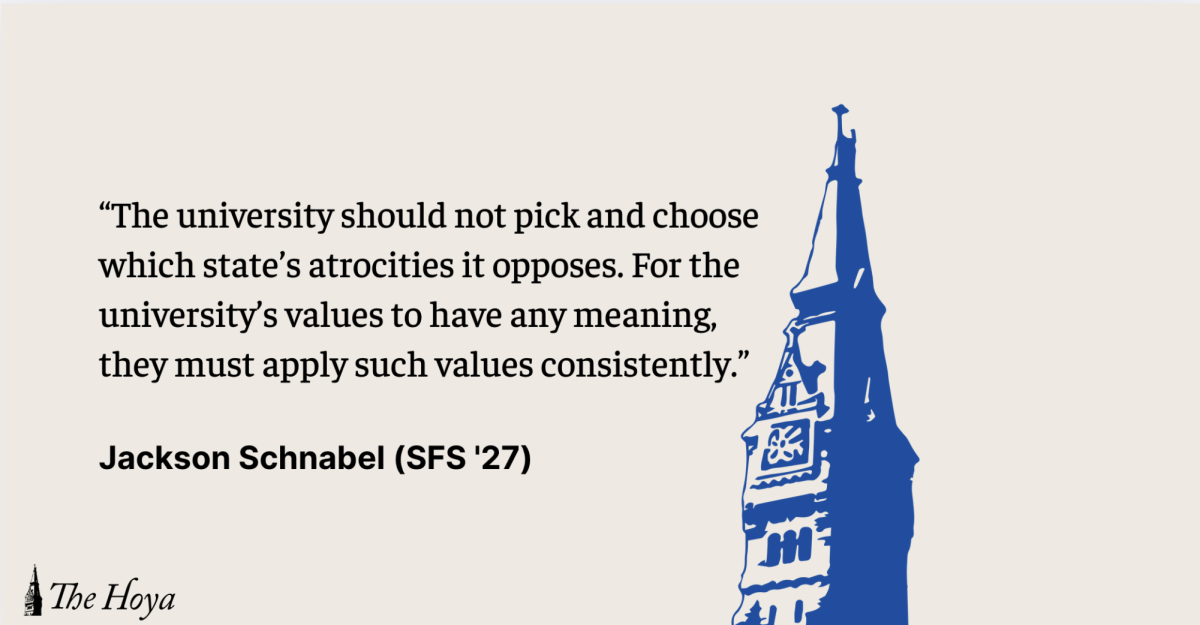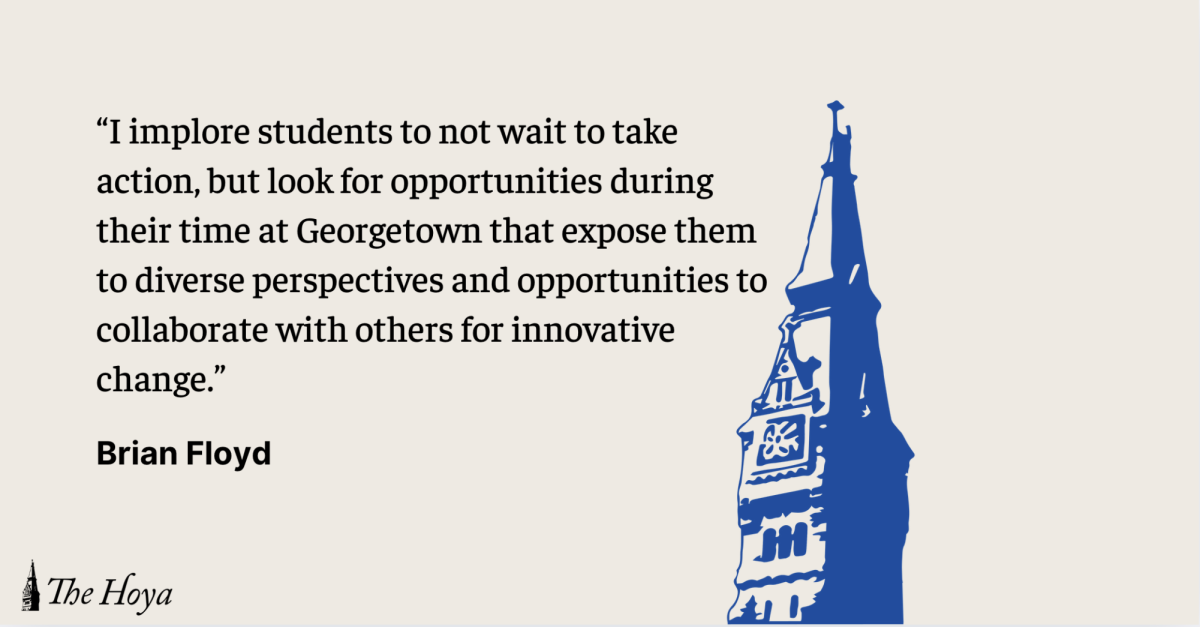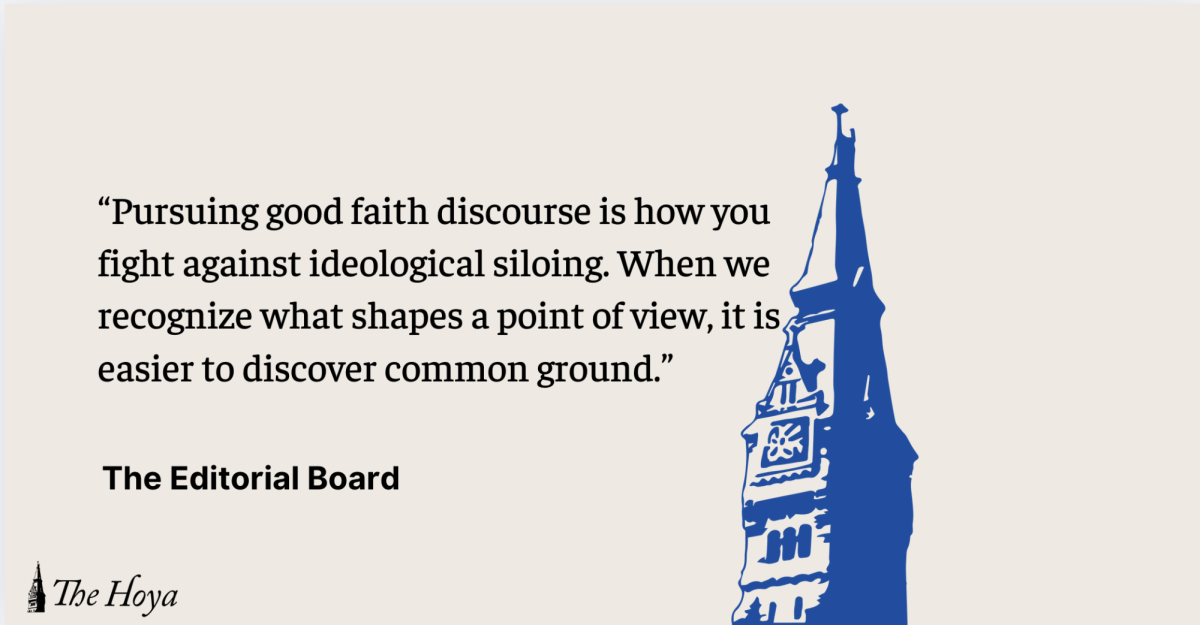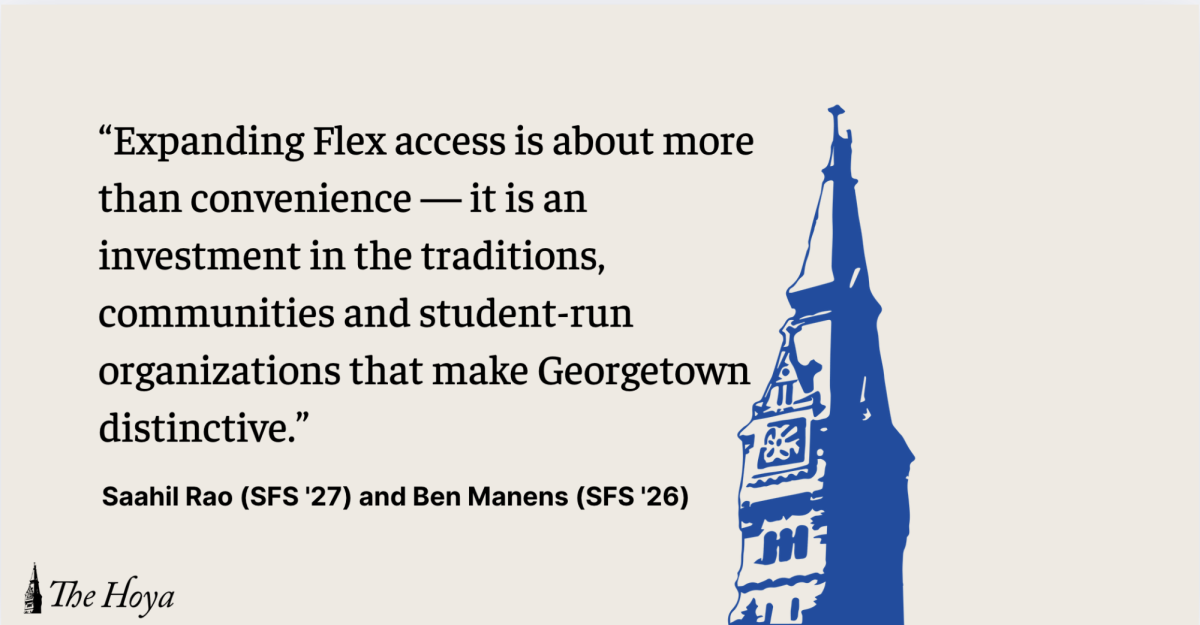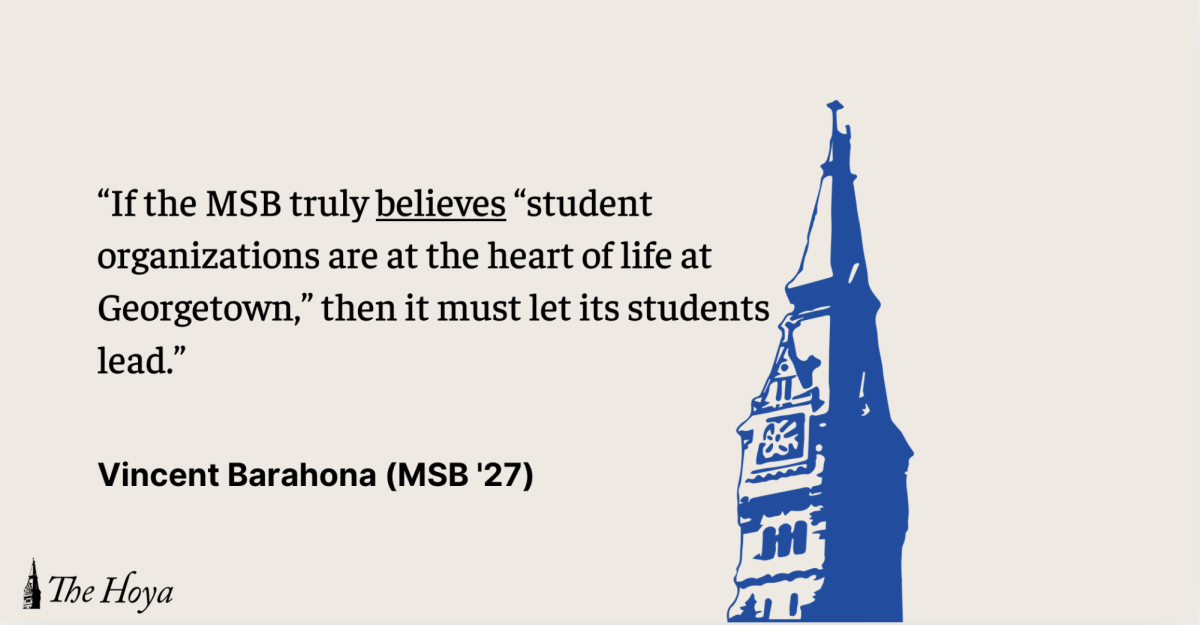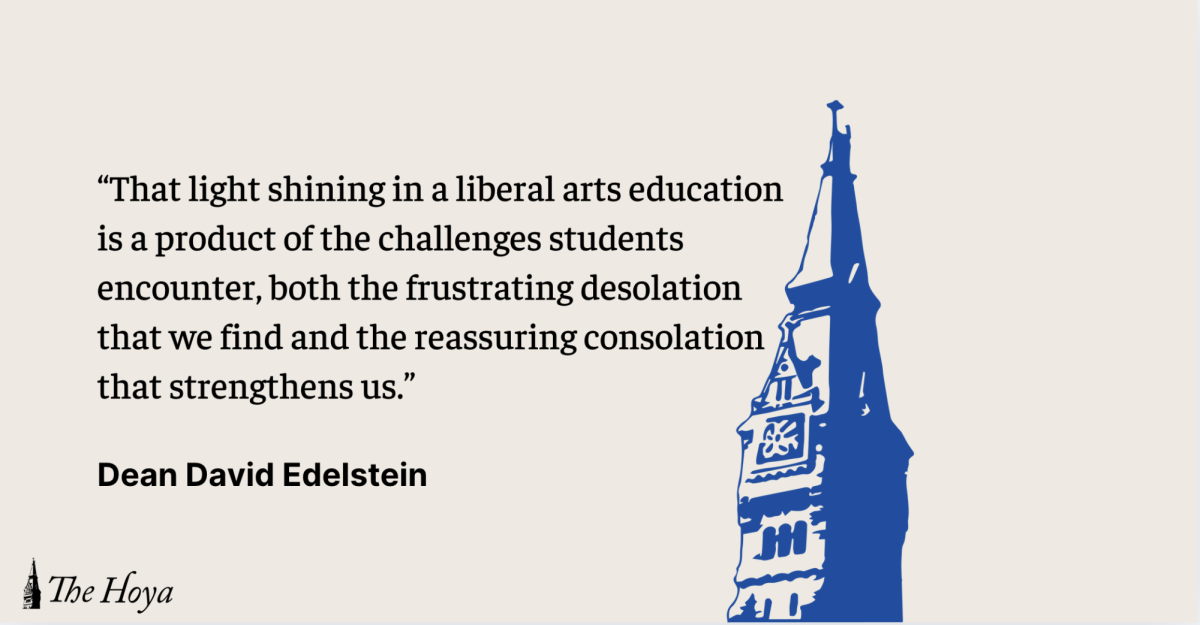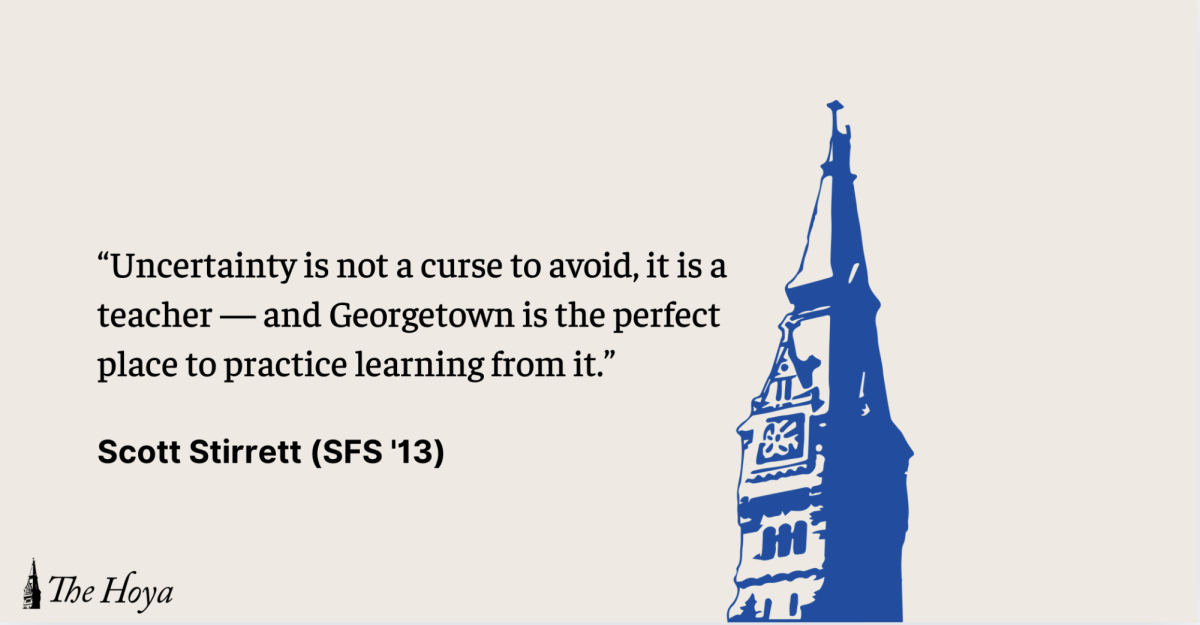Like many of my friends and classmates, I found myself in a small-scale panic a few weeks ago when the government temporarily banned TikTok in the United States. Despite having plenty of homework assignments and projects to complete, I was bored. Without an algorithmically-crafted set of short-form videos to capture my attention in between tasks, I felt a little restless.
In those mere few hours without TikTok, I realized the immense impact social media has on me. Every time I had the impulse to take a quick scroll on TikTok, I would lose my focus and ability to work.
While the grasp social media has on my attention span lessens my concentration and productivity, there are bigger issues in play. That is, now social media has an important role in shaping worldviews — and not always for the better.
The nature of social media as an algorithm-based tool presents a dangerous challenge, with a user’s feed becoming an echo chamber of ideas and opinions. When we see the same things again and again, it seems like the whole world might be that way. And when the one-sided messages we constantly receive are harmful, we can unintentionally impart dangerous worldviews onto ourselves and others in our communities.
On a more personal note, repeatedly seeing videos of people proudly displaying their lives online leads me to compare myself to strangers. I see boys telling me how they made six figures by day trading in high school, and I see men tell me how they got a six-pack in thirty days. Constantly receiving these messages on social media creates a false sense of what it means to be a man — or even just as a person in any community.
At Georgetown University, when I see my peers’ Instagram stories of their Friday nights in the city, I feel like a loser for spending the night in my dorm. When I see posts boasting new club members or board members for the semester, I wonder why I’m not one of them. Through social media, I quickly believe everyone is having fun and succeeding — except for me. The thought that I will never be good enough as a member of a community cuts deeper when it’s one I live in.
I know the fear of missing out or playing a game of comparison on social media isn’t unique to me, or even to students at Georgetown, but it greatly impacts how I view my college experience. At a top-tier school like Georgetown, we’re more or less similar types of students: driven, ambitious and hardworking. But when I see the small snippets of everybody else’s lives online, I seem to forget all of the long nights in Lauinger Library they endured to earn a night off and all of the hard work they put into their club applications to get a notable position. I know I only see the things people want me to see on social media, but it’s easy to forget that.
The awareness I’ve developed in the last few weeks about social media’s negative effects — its addictive nature, the echo chamber it creates and the way it enables me to make unnecessary comparisons — led me to take a step I never thought possible: deleting all of my social media apps. And I encourage you to do the same.
Just in the last few days, I’ve been more focused and productive. After all, it’s easier to get work done when I don’t have access to the quick hits of dopamine from short-form videos. Most importantly, though, I seem to be in a constantly better mood when I’m focusing on my own actions and not those of others.
I know I’m not alone in my unhealthy relationship with social media, so I hope this can inspire others to do the same. It might sound old-fashioned, but replacing a doom scroll with a book has been a game changer.
Even if it comes at the cost of staying up to date on internet culture, it’s a good deal to make — or to try, at least.
Dylan Goral is a first-year in the College of Arts and Sciences. This is the second installment of his column, “Mental Health Matters.”


